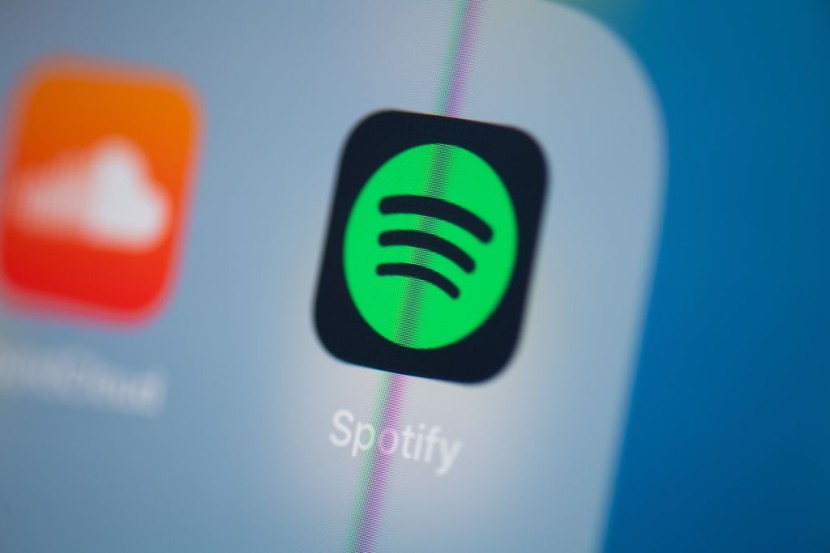In the Epic Games v. Google trial, fresh evidence indicates that streaming music service Spotify and Google came to an apparently special and very lucrative agreement for Android-based payments.
Don Harrison, the president of Google's global partnerships, testified that Spotify does not pay a commission to Google for subscriptions purchased directly via the music service's own platform. Also, it only paid a far lower cost to Google if its subscribers choose to use Google as their payment processor—4%, as opposed to the standard 15%.

'Key Investment Partnerships'
When Google was in its antitrust battle with Epic, it tried to keep Spotify's data under wraps as they could hurt its bargaining position with other app developers who may be hoping for more favorable prices, as reported by The Verge.
Launched in 2022, the User Choice Billing program allows developers to reduce Google's Play Store commission by 4% if they use their own payment system, lowering Google's subscription service charge from 15% to about 11%. That typically ends up saving developers little or no money as they must foot the expense of payment processing themselves. And in court, Google has emphasized perks like improved flexibility rather than cost reductions.
Harrison, however, claims that a bespoke agreement was necessary due to the unprecedented success of Spotify. Harrison testified, "If we don't have Spotify working properly across Play services and core services, people will not buy Android phones." Also, as part of the agreement, both sides put up $100 million in a "success fund."
After Harrison spoke, Google issued a statement acknowledging his words.
Google spokesperson Dan Jackson said that as part of a larger collaboration that involves significant financial expenditures and product integrations across numerous form factors, a small number of developers that engage more directly in Android and Play Store may have different service fees. "These key investment partnerships allow us to bring more users to Android and Play by continuously improving the experience for all users and creating new opportunities for all developers," he added, TechCrunch reported.
Google declined to identify any other developers who had been successful in negotiating more lenient charges with the company. During the trial, it was revealed that Netflix had turned down a 10% discount offer from Google. With the removal of in-app purchases on Android, Netflix is also no longer contributing financially to Google's distribution efforts.
Spotify's Involvement in the Lawsuit
When it comes to in-app purchases, Spotify has been less than happy in the past. It stopped accepting payments via the App Store in the middle of 2023 to avoid Apple's 30% fee.
Spotify was also one of the first and most visible members of the Coalition for App Fairness, which included Fortnite's developer Epic Games, and supported the antitrust litigation against Apple and Google. Epic, however, has kept up its legal struggle with both companies, while Spotify seems to have discovered a simpler and cheaper method to avoid litigation with Google.
© 2025 HNGN, All rights reserved. Do not reproduce without permission.








